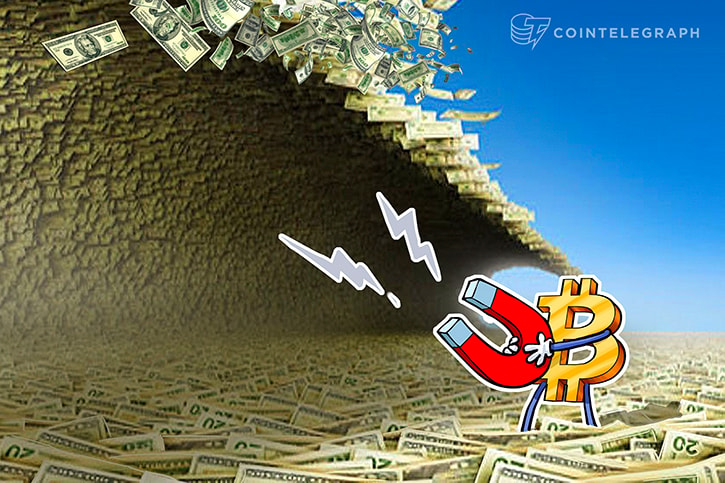The announcement by CME that it plans to launch Bitcoin futures has resulted in a spike in interest across the world. Coinbase, the world's largest Bitcoin exchange, has added 100,000 new users in the 24 hours past the announcement.
Why Coinbase matters
Coinbase is a popular exchange to buy Bitcoins with 11.9 mln users supported across 32 countries.
It was one of the earliest exchanges to support Bitcoin trading in the Western world, doing so when Bitcoin was valued in single digits. It supports merchants as well, allowing them to accept Bitcoins for their products and services, but removing the price risk by crediting fiat currency to their accounts.
Coinbase became the first unicorn of the crypto industry after it raised $100 mln in August 2017, implying enterprise valuation of $1.6 bln. The CEO of Coinbase, Brian Armstrong, is also on Fortune’s 40 under 40 list.
The Stampede
The launch of Bitcoin futures by CME is expected to bring a deluge of institutional money into Bitcoin. Individual investors seem to be stampeding towards Bitcoin exchanges, trying to get their hands on Bitcoins before institutional investors make it out of reach.
According to data compiled by Alistair Milne, of the Altana Digital Currency Fund, over 100,000 new users have joined Coinbase in the 24 hours since the CME announcement.
The exploding Bitcoin price has resulted in a sharp increase in the number of users of Coinbase, which has already doubled in 2017 to reach 11.9 mln users.
Handling the surge
With hundreds of thousands of new users, the demand (and price) of Bitcoin is expected to eventually explode. It is estimated that currently less than 0.5 percent of the global population is invested in crypto space.
While Coinbase has insurance protection for cryptocurrencies saved on its servers, questions will be asked about the robustness of its trading platform.
A flash crash caused by a large order on Coinbase’s GDAX exchange resulted in Ethereum's price dropping to 10 cents for a short period of time, triggering stop loss orders. With increasing number of users, it is not just Bitcoin which is running full blocks and has a scalability problem; Bitcoin exchanges have to scale up too.


